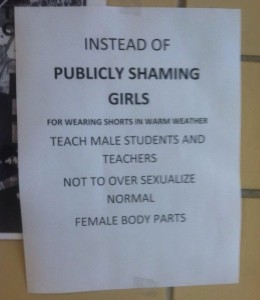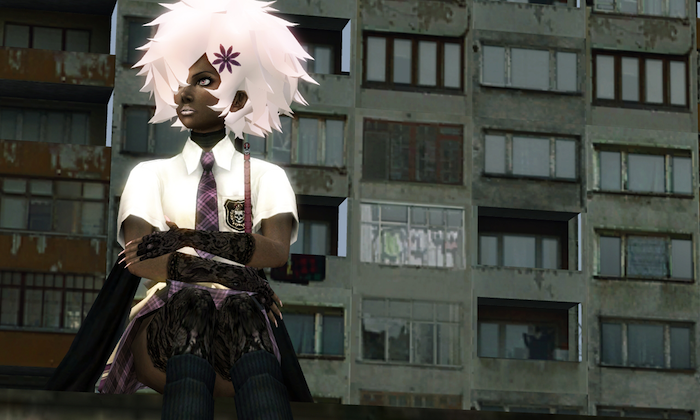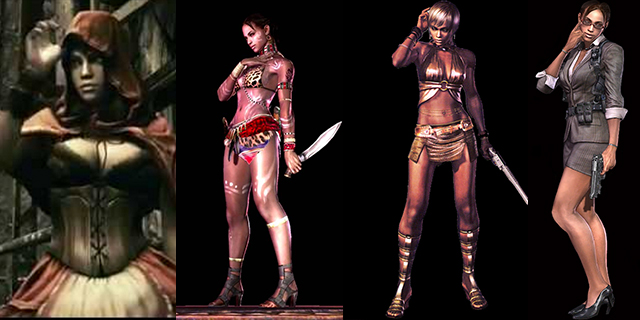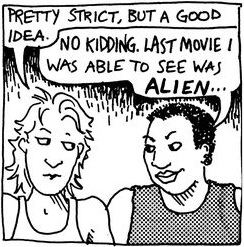Posts are circulating around Facebook about the connection between the shooting in Oregon and participation ribbons. Posters say that part of what breeds individuals like the shooter (we choose not to give more attention to the killer and to focus on the victims) is a culture that protects children from everything, including and perhaps especially their own failure. Perhaps this is fed by stories of his mother shielding him from every slight annoyance, from dogs barking to the noise of children playing next door. Perhaps it is our attempt to find some reason in the madness and chaos and aftermath of such a tragic event. Perhaps our culture of protection is a response to the growing mental illness crisis; we protect our children because we don’t know what else to do. Perhaps those are all convenient excuses because we don’t know how to respond to a growing army of young, unstable men with ready access to guns. And lots of them.
I certainly don’t have the answers. But as I have spent months, even years, reading through garbage online, sifting through message boards and forums about hating women, hating minorities, hating SJWs, and I have spent months reading stories of sexual assault and violence at tech conferences, I do see some patterns emerging. One of the major patterns I see over and over is the entitlement boys and men feel to women. They feel entitled to get female attention, to get dates, to touch and ogle women’s bodies, to have power over women, and on and on. The culture of entitlement in the gaming industry is perhaps the strongest I have ever seen. These stereotypically shy, quiet, sweet boys are anything but.
But of course the violent reaction against women in the gaming world is also the fault of women because they did not give men what they were entitled to. Women can be degraded online because they’re cunts ad bitches. They can be doxxed and harassed because they’re sluts. But then again it really has nothing to do with the behavior, actions, words, or anything the women have done. A woman can simply be at a con, standing at a bar, and men feel entitled to grab and touch her. Behind the masks of gamergate is a genuine anger and hatred of women. But why does that hatred exist?
Have men always hated women? Did the hate come when women started gaining rights? Women today have the right to their own bodies; they have the right to not be harassed; they have the right to vote; they have maternity leave; they have the right to have a voice. These were hard fought battles, and we still have to fight for them every day. Do men see this as women taking something away from them? I suppose if women gain the right to their own bodies, men are losing the right to women’s bodies. As women gain respect in the gaming industry, does that somehow take away from other developers? I suppose if you have a low opinion of women, and you see Zoe Quinn getting some accolades for making a game on free software when your shitty game didn’t get attention, you might feel slighted. But only so because you feel entitled to success, because you feel entitled to having your voice dominate the industry, and of course because you above all can’t acknowledge your own failure.
Everything we do as women is judged. We are too successful or not successful enough. We dress too slutty or too prudish. We give up our bodies too easily or are blamed for not giving it up at all. Meanwhile we try to hold careers, raise children, and make the world a better, more equitable place. Why do others have the right to harass us? Why does it never even occur to GGers et. al. to harass men? Why is our protecting our own bodies interpreted as a rejection of the person pursing us? Perhaps it’s because women and others not in power have spent years being objectified. The anonymity and darkness of the internet have given men power over women again, and you know what they say about power.
 I don’t know enough about psychology to say whether this entitlement to women is a mental illness, but I know enough about the power of culture to say that it is absolutely related to the way the culture at large regards women. In some school districts, girls as young as 8 are told they can’t wear sundresses or leggings to school because it distracts boys. Boys get participation ribbons for showing up, while little girls’ bodies are policed. When boys step out of line, it’s “boys will be boys,” but girls are sexualized and penalized the second they step out of line. Is it any wonder that as men they feel like it’s their right to get a date? To have sex with a woman? To get attention? Every institution kids are exposed to from the time they enter school reinforces this message.
I don’t know enough about psychology to say whether this entitlement to women is a mental illness, but I know enough about the power of culture to say that it is absolutely related to the way the culture at large regards women. In some school districts, girls as young as 8 are told they can’t wear sundresses or leggings to school because it distracts boys. Boys get participation ribbons for showing up, while little girls’ bodies are policed. When boys step out of line, it’s “boys will be boys,” but girls are sexualized and penalized the second they step out of line. Is it any wonder that as men they feel like it’s their right to get a date? To have sex with a woman? To get attention? Every institution kids are exposed to from the time they enter school reinforces this message.
Women don’t need participation medals. We fight every fucking day to gain an inch more at the table, to gain one more penny toward equal pay, to gain some semblance of control over our own bodies. We have never been entitled to the world, so we work for our medals. Despite facing opposition at every turn we have managed to gain an undeniable hold in the gaming industry. If I were a whiny, entitled GGer I would be worried too.
In memory of Lucero Alcaraz, 19, Quinn Glen Cooper, 18, Kim Saltmarsh Dietz, 59, Lucas Eibel, 18, Jason Dale Johnson, 34, Lawrence Levine, 67, Sarena Dawn Moore, 44, Treven Taylor Anspach, 20, and Rebecka Ann Carnes, 18.





2 thoughts on “Entitlement, Gaming, and Participation Ribbons in a Violent Age”
GG (or to be more specific, a body of lurkers that tend to be direct their hatred at anger mostly at people GG despises) attacks women probably because it is basically one front of many antifeminisms rising in this era (as described even by people more close to gaming culture than to social justice, like journalist Ollie Barder, who said that more than ethics, GG is about opposition to certain types of social justice rhetorics).
It not exactly “entitlement” as is, every feminist tries to explain it away like if it were “just” entitlement, its the fact that with liberation of women, inadvertantly a new economy of status, sex and affection was created, and in this new free market, as in any unregulated free market, inequalities arise.
If you aren’t an economic libertarian you surely recognize that the free market of goods, the more unregulated it becomes, the more tends to amass capital in a very few hands, the same can be said from the affection/sex/status market. The people who attack more violently are those who are fed up with not getting their needs met in the affection/sex/status market. Both in the feminist and in the antifeminist camp. Solve the affection inequality problem, and the manosphere will just dissappear, with all its manifestations generally unsavory to you feminists.
Are you for real? Affection market inequality? Have you even read the fucking article? Have you? The bullshit you spouted is exactly what the article is against. The idea of “affection market inequality” is exactly the same shit those shooters spouted right before they went on their rampages. “Oh women are bitches and cunts”=”Solve the affection market inequality”, because it removes from equation the very individuality and consent from half of the fucking population, the women. Isla Vista, 2014, Montreal Ecole Polytechnique, 1989, and these are just of the top of my head right now. The manosphere doesn’t want affection, it wants control. They want to control women, to have sex at their discretion, willing woman or no. They want control over her habits, they want control over her body and they feel entitled to it.
It hates women exactly because it doesn’t have this control over them. Your so-called idea is nothing more then a different form of sexual violence and control.
Don’t ever compare Human Rights with Economics, makes you sound as uneducated as the manosphere,but then again people who spout that shit is exactly where they are from. And no there is no economy of sex. Women aren’t creatures that you put kindness coins or similar shit and sex comes out, like a freaking vending machine. Also congratulations, you managed to foist the blame on women, just like every other piece of shit rapist who claimed “she was dressed slutilly, she asked for it”. Christ, you manosphere types are all insane.